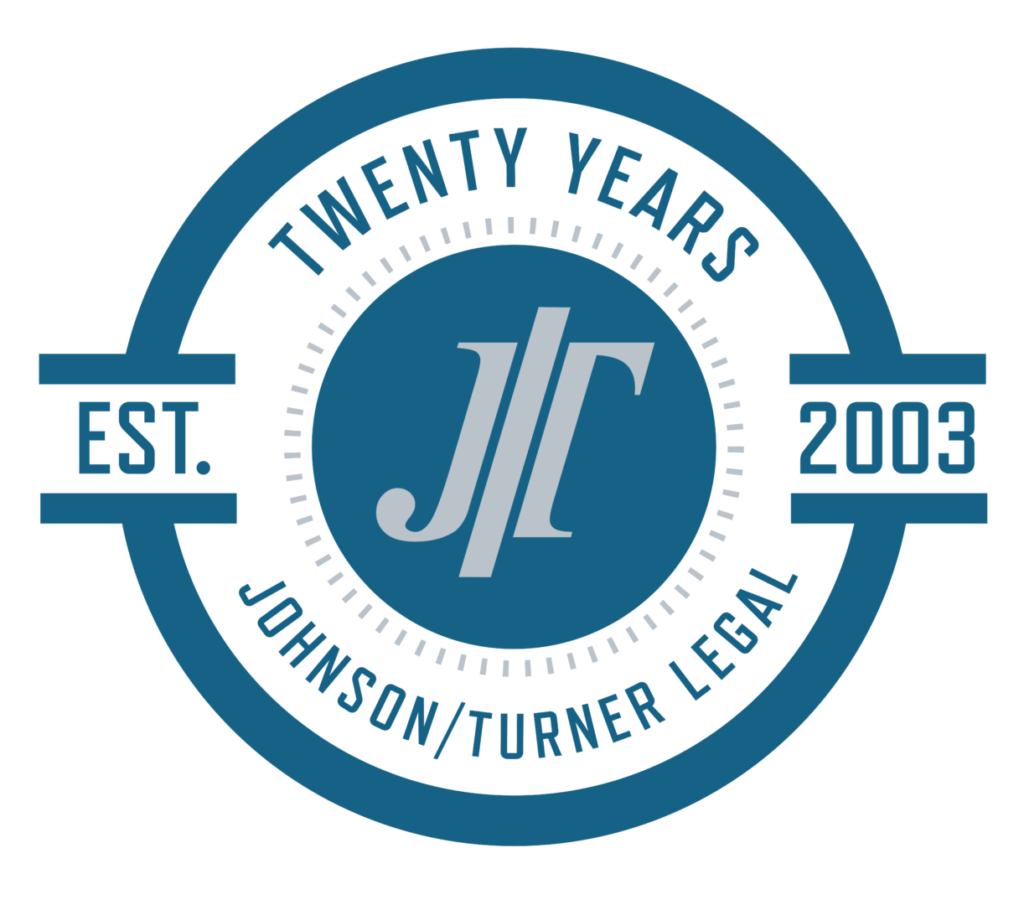Contact an attorney immediately. In some cases, your lawyer may be able to request an extension from the court or the opposing party.
The legal language in a Complaint can be confusing. Your attorney can break down the claims, explain the potential implications, and help you formulate a response.
Yes. Many lawsuits settle out of court. Once you’ve responded to the Complaint, your attorney can explore settlement options with the plaintiff if that’s the best course of action.
A counterclaim allows you to assert your own claims against the plaintiff. For example, if the plaintiff breached a contract and then sued you, your counterclaim could seek damages for the breach.

Being served with legal papers, like a Summons and Complaint, can be an overwhelming and stressful experience. However, knowing what to do next can make all the difference in protecting your rights and responding effectively. Here’s a comprehensive guide to help you understand the process and take the right steps.
For example, the plaintiff may be asking the court to award them a sum of money, property, or other remedies.
Once you are served, you typically have 20 days to respond by serving an Answer on the plaintiff. Ignoring the Summons and Complaint can have serious consequences:
Acting promptly is crucial to protecting your rights.
Read the Documents Carefully
Do Not Ignore the Deadline
Contact an Attorney Immediately
Gather Relevant Documents and Evidence
Discuss Strategy With Your Attorney
An Answer is your formal response to the Complaint. It’s your chance to admit or deny the plaintiff’s allegations and present any defenses or counterclaims. However, there are potential pitfalls:
Being served is serious, but it’s not the end of the world. The key is to act promptly and seek legal guidance as soon as possible. At Johnson/Turner, we’re here to help you understand your options, craft a strong response, and protect your rights every step of the way.
Contact us today to speak with an experienced attorney who can guide you through the process and give you the peace of mind you deserve.
Fill out this contact form and we will get in touch with you.


Bloomington
8400 Normandale Lake Blvd., Suite #920 Bloomington, MN 55437
Open hours Mon-Fri 8am – 5pm
Map & Directions
Burnsville
1509 Southcross Dr W, Suite 204
Burnsville, MN 55306
Open hours Mon-Fri 8am – 5pm

Duluth
230 West Superior Street, Suite #400
Duluth, MN 55802
Open hours Mon-Fri 8am – 5pm


Eden Prairie
6385 Old Shady Oak Rd., Suite #250
Eden Prairie, MN 55344
Open hours Mon-Fri 8am – 5pm
Map & Directions

Forest Lake
56 E. Broadway Ave, Suite #206
Forest Lake, MN 55025
Open hours Mon-Fri 8am – 5pm


Maple Grove
11670 Fountains Drive, Suite #200
Maple Grove, MN 55369
Open hours Mon-Fri 8am – 5pm
Map & Directions

Minneapolis
100 S 5th St., Suite #1900
Minneapolis, MN 55402
Open hours Mon-Fri 8am – 5pm
Map & Directions

Rochester
975 34th Avenue NW, Suite #350
Rochester, MN 55901
Open hours Mon-Fri 8am – 5pm

Roseville
2355 Highway 36 West, Suite #400
Roseville, MN 55113
Open hours Mon-Fri 8am – 5pm

St. Paul
445 Minnesota Street, Suite #1500
St. Paul, MN 55101
Open hours Mon-Fri 8am – 5pm

Wayzata
1155 East Wayzata Blvd, Suite #10
Wayzata, MN 55391
Open hours Mon-Fri 8am – 5pm

Woodbury
7377 Currell Blvd., Suite #101
Woodbury, MN 55125
Open hours Mon-Fri 8am – 5pm
The information on this website is for general information purposes only. Nothing on this site should be taken as legal advice for any individual case or situation. This information is not intended to create, and receipt or viewing does not constitute, an attorney-client relationship.
© 2025 All Rights Reserved.